Synopsis
You’ve probably tried ChatGPT for research tasks and hit frustrating roadblocks—fabricated citations, confident-sounding but incorrect information, or outputs that sound nothing like academic writing.
This workshop cuts through the hype to show you what actually works. We’ll tackle the real challenges academics face with AI: how to verify information when AI “hallucinates” references, how to use AI for literature reviews without missing key papers, and how to maintain your scholarly voice when AI tends toward generic corporate-speak.
You’ll learn specific techniques for fact-checking AI outputs, extracting genuine insights from messy qualitative data, and turning rough AI drafts into publishable academic prose.
We’ll work with multiple platforms to handle actual research scenarios: synthesizing conflicting findings across disciplines, breaking down complex theoretical frameworks, generating testable hypotheses from preliminary data, and crafting compelling grant narratives.
Most importantly, we’ll address the elephant in the room: How can you use AI to genuinely accelerate your research without sacrificing depth, accuracy, or originality? By the end, you’ll have battle-tested strategies for the manuscripts, grants, and literature reviews currently sitting on your desk.
Outcomes
- Know exactly how to write prompts that get useful academic outputs
- Apply AI tools to actual research projects currently in progress
- Build a personal AI workflow that fits existing work patterns
- Understand clearly what is ethical, what needs disclosure, and how to maintain quality
- Save significant time on routine tasks while keeping research standards high
Session Dates
Wednesday, February 11, 2026, 17:00-18:30 Israel Time
Wednesday, February 18, 2026, 17:00-18:30 Israel Time
Participation in all sessions is required.
About the Instructor
Prof. Pavel Goldstein is Associate Professor at the School of Public Health, University of Haifa, where he directs both the Biostatistics Master’s program and the Integrative Pain Laboratory. His research pioneers novel approaches to nociplastic pain diagnostics and therapeutics through the integration of advanced psychotherapeutic techniques with computational methods. As an applied data scientist with extensive experience integrating AI into academic workflows, Prof. Goldstein has developed practical AI strategies that researchers at all career stages can immediately implement in their work. He recently co-authored the university’s ethical guidelines for AI usage in research and education, helping establish frameworks that ensure these tools advance scholarship while maintaining academic integrity. For more information about his researchSave and laboratory: https://pain.haifa.ac.il/
Instructor
Prof. Pavel Goldstein
Staet Date
Wednesday, February 11, 2026,
Format
Online (Zoom)
Language
English
Open to
All tracks

For more information about the Azrieli Fellows Program please contact:
Azrieli Fellows Program
85 Medinat HaYehudim St.
Herzliya Pituach 4676672
Israel
About
